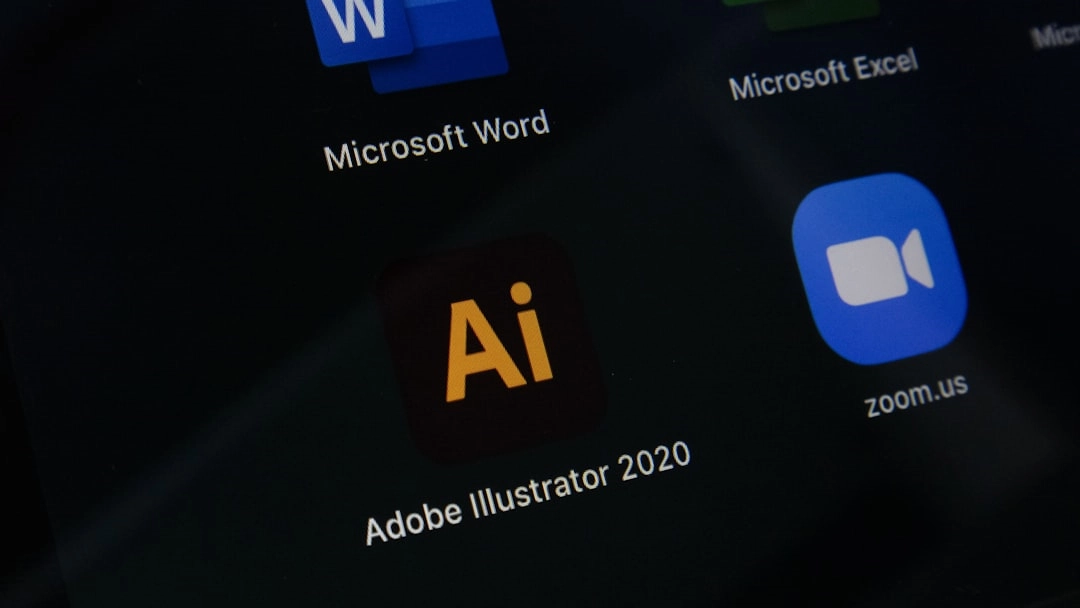
What is Sustainable Strategies in Mobile App Development?
Sustainable strategies in mobile app development refer to the practices and approaches that aim to minimize the environmental impact associated with developing and using mobile applications. It involves taking into consideration the social, economic, and environmental aspects of app development to create more sustainable and eco-friendly solutions.
Real-World Problems
The rapid growth and widespread use of mobile applications have brought about several environmental challenges that need to be addressed. Here are some of the real-world problems associated with mobile app development:
1. Energy Consumption:
Mobile applications often require a significant amount of energy to function. This energy consumption not only contributes to greenhouse gas emissions but also impacts the battery life of devices, leading to more frequent charging and increased electronic waste.
2. E-Waste:
With the constant release of new mobile devices and updates to operating systems, there is a growing problem of electronic waste. Discarded smartphones and other devices contribute to landfills and pose harmful risks to both the environment and human health due to the toxic materials present in them.
3. Data Storage and Server Infrastructure:
Mobile applications generate vast amounts of data, requiring extensive server infrastructure and data centers. These facilities consume a considerable amount of energy, which, if not sourced from renewable sources, can contribute to carbon emissions and other environmental issues.
4. App Lifecycle and Updates:
The lifecycle of mobile applications often involves frequent updates and releases to enhance features and fix bugs. However, this constant process can lead to the unnecessary duplication of efforts, increased energy consumption, and a higher carbon footprint.
Addressing these real-world problems requires the adoption of sustainable strategies in mobile app development. This includes optimizing energy usage, designing for longevity and recyclability, adopting efficient coding practices, and implementing server infrastructure that utilizes renewable energy sources. Moreover, raising awareness among app developers and users about the environmental impact is crucial to drive sustainable changes in the industry.

Solutions for Sustainable Strategies in Mobile App Development
To address the environmental challenges associated with mobile app development, several sustainable solutions can be implemented. These solutions aim to reduce energy consumption, minimize electronic waste, and create more efficient and eco-friendly mobile applications.
1. Energy Optimization:
Efficient energy usage is crucial in sustainable mobile app development. This involves optimizing code, reducing unnecessary processes, and utilizing power-saving features to minimize energy consumption. By implementing energy-efficient algorithms and practices, developers can reduce the environmental impact of their applications.
2. Design for Longevity and Recyclability:
Creating mobile applications with longevity in mind can help reduce electronic waste. Designing apps that are compatible with older devices and operating systems ensures a longer lifespan for devices, reducing the need for frequent upgrades. Additionally, designing applications with recyclability in mind can encourage responsible disposal and salvage of electronic components.
3. Sustainable Server Infrastructure:
Implementing sustainable server infrastructure is crucial to reduce the environmental impact of mobile app data storage. Utilizing data centers powered by renewable energy sources, such as solar or wind, can significantly decrease carbon emissions. Developers can also leverage cloud services that prioritize energy efficiency and sustainable practices.
4. Minimize and Optimize Updates:
Frequent updates can contribute to unnecessary energy consumption and waste. App developers should prioritize essential updates and encourage users to adopt energy-efficient practices, such as enabling automatic updates or grouping updates. Streamlining the update process can minimize the ecological footprint associated with app maintenance.
By adopting these solutions, mobile app developers can contribute to a more sustainable and eco-friendly digital ecosystem. These strategies not only mitigate environmental impacts but also promote a more efficient use of resources, ensuring a greener future for the mobile app industry.















